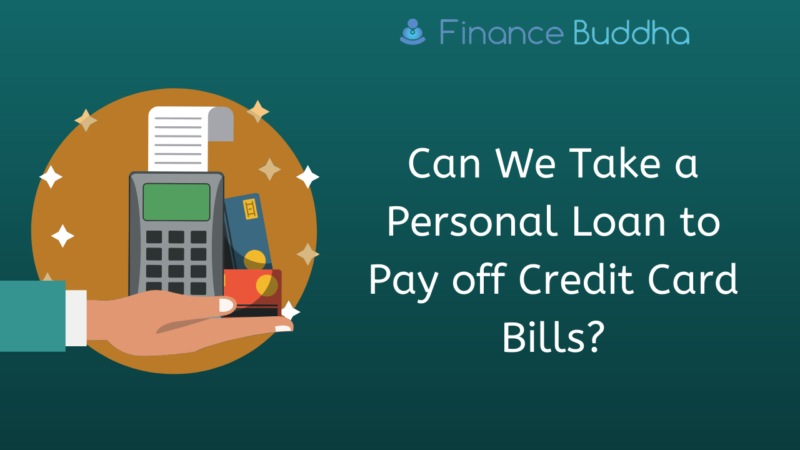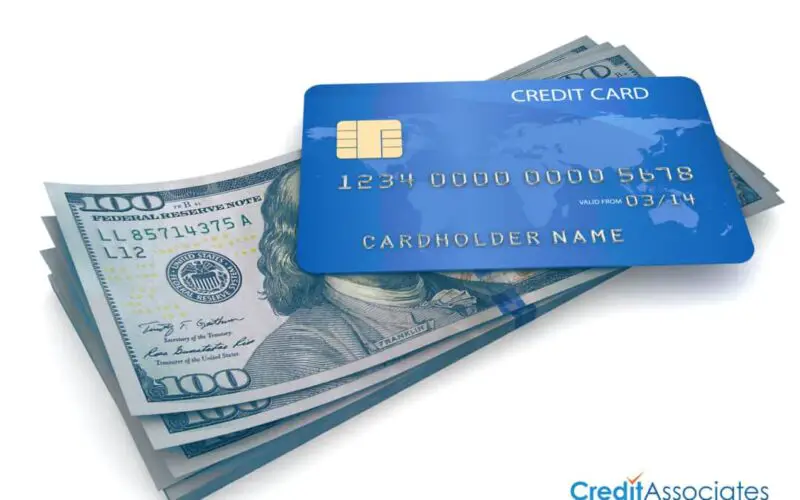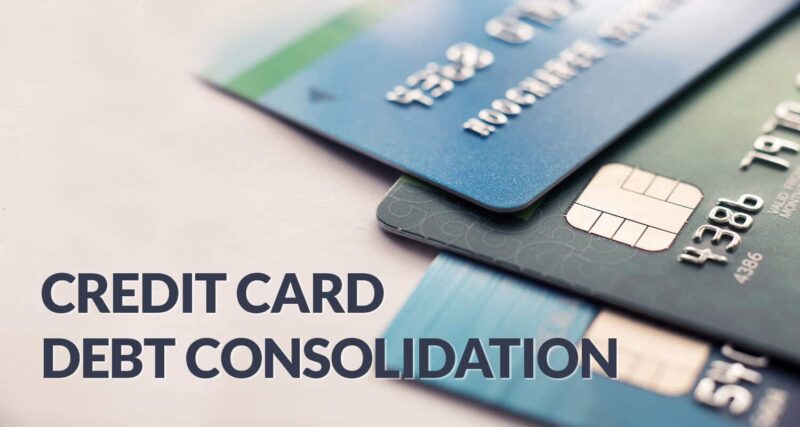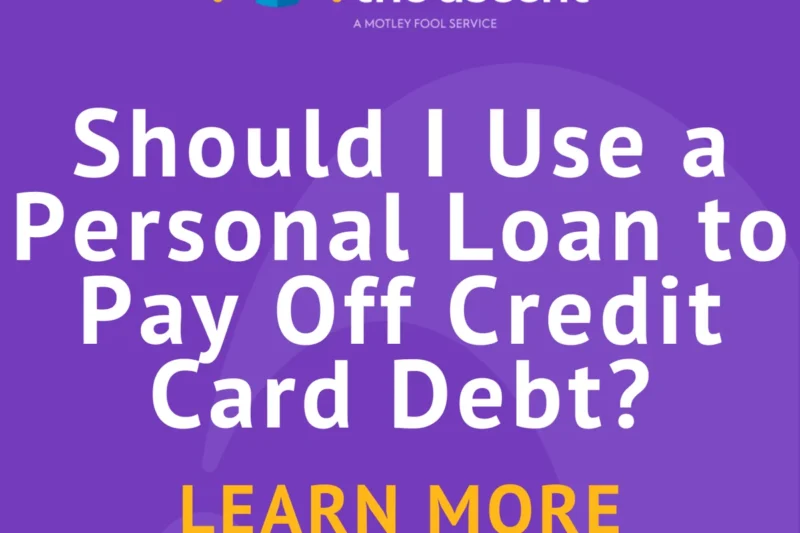Are you drowning in credit card debt? Fret not, for there is a lifeline that can help you break free from the clutches of financial burden. Personal loans for paying off credit cards have emerged as a popular solution, offering a glimmer of hope to those seeking relief. In this article, we will explore the ins and outs of personal loans, highlighting their significance and how they can pave the way to a debt-free future. So, let’s dive in!
Mục lục
- 1. A. Overview of Personal Loans for Paying off Credit Cards
- 2. B. Importance of Finding the Right Personal Loan Option
- 3. C. Benefits of Using Personal Loans to Pay off Credit Card Debt
- 4. Understanding Personal Loans
- 5. Advantages of Using Personal Loans for Credit Card Debt
- 6. Finding the Right Personal Loan for Paying off Credit Cards
- 7. Tips for Successfully Paying off Credit Cards with a Personal Loan
- 8. Tips for Successfully Paying off Credit Cards with a Personal Loan

A. Overview of Personal Loans for Paying off Credit Cards
Picture this: multiple credit card bills piling up, each with its own interest rate and due date. It can be overwhelming to keep track of them all. This is where personal loans come to the rescue. A personal loan is a fixed amount borrowed from a bank, online lender, or credit union, which can be used to consolidate your credit card debts into a single manageable payment.
B. Importance of Finding the Right Personal Loan Option
When it comes to personal loans, one size does not fit all. It is crucial to find the right loan option that aligns with your financial goals and circumstances. With numerous lenders and loan products available in the market, taking the time to research and compare will pay off in the long run. By selecting the right personal loan, you can save money on interest, enjoy flexible repayment terms, and achieve financial stability.
C. Benefits of Using Personal Loans to Pay off Credit Card Debt
Why should you choose a personal loan over other debt repayment methods? The benefits are aplenty. Firstly, personal loans often come with lower interest rates compared to credit cards, allowing you to save on interest payments. Secondly, consolidating your credit card debts into a single loan simplifies your financial life, providing a clear roadmap to becoming debt-free. Additionally, personal loans offer fixed repayment terms, which means you can budget effectively and avoid the temptation of minimum payments. Lastly, successfully repaying a personal loan can have a positive impact on your credit score, opening doors to better financial opportunities.
Now that we have grasped the fundamentals, let’s delve deeper into the world of personal loans for paying off credit cards. In the next section, we will explore the characteristics and differences between personal loans and credit cards. Stay tuned!
Understanding Personal Loans

A. Definition and Characteristics of Personal Loans
Let’s start by demystifying personal loans. Personal loans are a type of unsecured loan that allows you to borrow a fixed amount of money from a lender. Unlike secured loans, such as mortgages or auto loans, personal loans do not require collateral. This means you don’t have to put up any assets, like your home or car, as security for the loan.
Personal loans typically come with a fixed interest rate and a predetermined repayment period. The loan amount, interest rate, and repayment terms are agreed upon during the application process. Once approved, you receive the loan amount in a lump sum, which you can use for various purposes, including paying off credit card debt.
B. How Personal Loans Differ from Credit Cards
While credit cards and personal loans both serve as financial tools, they have distinct differences. Credit cards provide a revolving line of credit, allowing you to continuously borrow and repay up to a certain limit. On the other hand, personal loans provide a one-time lump sum borrowed amount with a fixed repayment term.
Credit cards typically have higher interest rates compared to personal loans, making them a costlier option for long-term debt repayment. Personal loans, with their lower interest rates, can help you save money and pay off your credit card debt faster. Additionally, personal loans offer the advantage of structured repayment plans, ensuring you commit to a fixed monthly payment until the loan is fully repaid.
C. Factors to Consider when Selecting a Personal Loan
Before diving into the pool of personal loans, it’s essential to consider a few factors to ensure you make an informed decision. Start by assessing the interest rates offered by different lenders. Lower interest rates can save you money in the long run. Next, examine the repayment terms and conditions, including any fees or penalties associated with early repayment or late payments. Additionally, take into account the loan amount you require and the eligibility criteria set by lenders.
Remember, not all personal loans are created equal. Take the time to compare options, read customer reviews, and seek recommendations to find the loan that best suits your needs. In the upcoming section, we will explore the advantages of using personal loans to pay off credit card debt. Brace yourself for some eye-opening insights!
Advantages of Using Personal Loans for Credit Card Debt

A. Lower Interest Rates and Potential Savings
One of the key advantages of utilizing a personal loan to pay off credit card debt is the potential for lower interest rates. Credit cards often come with high-interest rates, which can make it difficult to make substantial progress in paying down the principal amount. In contrast, personal loans typically offer lower interest rates, allowing you to save a significant amount of money over time. By securing a lower interest rate, you can reduce the overall cost of your debt and potentially save hundreds or even thousands of dollars in interest payments.
B. Consolidating Multiple Credit Card Debts into One Manageable Payment
Do you find it challenging to keep track of multiple credit card bills with varying due dates and payment amounts? Personal loans provide a practical solution by allowing you to consolidate all your credit card debts into one manageable payment. Instead of juggling various due dates and minimum payments, a personal loan simplifies your financial obligations. You can focus on making a single monthly payment, which not only reduces the stress of managing multiple bills but also provides a clearer path to debt freedom.
C. Fixed Repayment Terms for Better Budgeting
Are you tired of the never-ending cycle of minimum payments on your credit cards, which can stretch out your debt for years? Personal loans offer fixed repayment terms, which means you have a set timeframe to pay off the loan in full. With a fixed repayment term, you can create a more precise budget and allocate a specific amount each month towards debt repayment. This disciplined approach enables you to make consistent progress in paying off your credit card debt and ultimately achieve financial freedom sooner.
D. Potential to Improve Credit Score
Your credit score plays a crucial role in various aspects of your financial life. By using a personal loan to pay off credit card debt responsibly, you have the potential to improve your credit score. As you make timely payments on your personal loan, your creditworthiness is positively impacted, showcasing your ability to handle debt responsibly. A higher credit score opens up opportunities for better loan terms, lower interest rates, and increased financial stability in the future.
Now that we have explored the advantages of using personal loans for credit card debt, it’s time to understand how to find the right personal loan for your needs. In the next section, we will guide you through the process of researching and selecting the perfect loan option. Stay tuned!
Finding the Right Personal Loan for Paying off Credit Cards

A. Researching and Comparing Different Lenders
When embarking on the journey to find the perfect personal loan, it’s essential to conduct thorough research and compare various lenders. Explore the offerings of different financial institutions, online lenders, and credit unions. Take note of their reputation, customer reviews, and the loan terms they provide. By casting a wide net and considering multiple options, you increase your chances of finding the most suitable lender for your needs.
B. Evaluating Interest Rates, Fees, and Repayment Options
Interest rates play a significant role in the affordability of a personal loan. Compare the interest rates offered by different lenders to identify the most competitive options. Additionally, pay attention to any additional fees or charges associated with the loan. Some lenders may have origination fees, prepayment penalties, or other hidden costs. Be sure to factor these into your decision-making process.
Moreover, assess the repayment options provided by each lender. Look for flexibility in terms of repayment period and monthly installments. Some lenders may offer fixed-rate loans, while others may provide adjustable rates. Consider your financial capabilities and choose a repayment plan that aligns with your budget and long-term financial goals.
C. Understanding Eligibility Requirements and Application Process
Before applying for a personal loan, it’s crucial to understand the eligibility requirements set by each lender. These requirements may include a minimum credit score, income criteria, and a certain debt-to-income ratio. By familiarizing yourself with these requirements, you can save time and avoid unnecessary rejections.
Additionally, familiarize yourself with the application process of each lender. Determine whether they offer online applications, require in-person visits, or accept applications through other channels. Understanding the process will help you prepare the necessary documents and streamline your loan application.
D. Reading Customer Reviews and Seeking Recommendations
Customer reviews can provide valuable insights into a lender’s reputation and customer experience. Take the time to read reviews and testimonials from previous borrowers to gauge the level of satisfaction and reliability of the lender. Additionally, seek recommendations from friends, family, or financial advisors who have had positive experiences with personal loans. Their firsthand experiences can help you make an informed decision and narrow down your options.
By following these steps and conducting thorough research, you’ll be well-equipped to find the right personal loan for paying off your credit card debt. In the next section, we’ll discuss essential tips for successfully utilizing a personal loan to become debt-free. Stay tuned for valuable advice!
Tips for Successfully Paying off Credit Cards with a Personal Loan

So, you’ve decided to take the leap and use a personal loan to pay off your credit card debt. Congratulations! Now, let’s explore some valuable tips to ensure your journey towards financial freedom is smooth sailing.
A. Creating a Realistic Budget and Repayment Plan
The first step in your debt repayment journey is to create a realistic budget. Sit down and assess your income, expenses, and debt obligations. Determine how much you can comfortably allocate towards your personal loan repayment each month without straining your finances. This will help you stay on track and avoid falling back into the vicious cycle of debt. Consider using budgeting apps or spreadsheets to monitor your progress and maintain discipline.
B. Avoiding Additional Credit Card Spending
One of the biggest pitfalls when using a personal loan to pay off credit cards is the temptation to accumulate more debt. It’s essential to resist the urge to use your credit cards for unnecessary purchases while you’re repaying your loan. Lock them away, freeze them in a block of ice, or even consider cutting them up if it helps you resist the temptation. Remember, the goal is to break free from the burden of credit card debt, not add to it.
C. Making Timely Loan Repayments to Avoid Penalties
Punctuality is key when it comes to loan repayments. Missing or delaying payments can result in penalties, additional fees, and a negative impact on your credit score. Set up automatic payments or reminders to ensure you never miss a due date. Making your loan repayments on time not only helps you stay organized but also showcases your responsibility and commitment to financial stability.
D. Seeking Professional Assistance if Needed
Sometimes, despite our best efforts, we may find ourselves overwhelmed or struggling to manage our debt. In such cases, it’s crucial to seek professional assistance. Credit counseling agencies or financial advisors can provide guidance, offer personalized strategies, and help negotiate with lenders on your behalf. Remember, there’s no shame in asking for help when needed. Taking proactive steps to address your debt issues will ultimately lead you closer to a debt-free future.
By following these tips, you’ll be well-equipped to navigate your way towards successfully paying off your credit cards with a personal loan. In the next section, we’ll conclude our journey, summarizing the benefits of using personal loans and encouraging you to take action. Stay tuned!
Tips for Successfully Paying off Credit Cards with a Personal Loan

Now that you’ve decided to embark on the journey of paying off your credit cards with a personal loan, it’s essential to have a game plan in place. Here are some valuable tips to guide you towards a successful debt-free future.
1. Creating a Realistic Budget and Repayment Plan
To make the most of your personal loan, it’s crucial to create a realistic budget and repayment plan. Start by assessing your income, expenses, and debt obligations. Identify areas where you can cut back on discretionary spending and allocate those funds towards your loan repayment. With a well-thought-out budget, you can ensure that you have enough funds to make timely loan payments without jeopardizing your financial stability.
2. Avoiding Additional Credit Card Spending
While it might be tempting to continue using your credit cards during the loan repayment period, it’s best to resist the urge. Adding more debt to your plate will only defeat the purpose of consolidating your credit card debts. Instead, focus on using cash or debit cards for your everyday expenses. By practicing discipline and curbing unnecessary spending, you’ll be one step closer to achieving your debt-free goals.
3. Making Timely Loan Repayments to Avoid Penalties
Punctuality is key when it comes to loan repayments. Missing or delaying payments can lead to penalties, late fees, and even a negative impact on your credit score. Set up automatic payments or reminders to ensure you never miss a due date. By making timely loan repayments, you not only stay on track towards becoming debt-free but also demonstrate financial responsibility to lenders, potentially opening doors to better loan terms in the future.
4. Seeking Professional Assistance if Needed
If you find yourself struggling to manage your personal loan and credit card debts, don’t hesitate to seek professional assistance. Credit counseling agencies or financial advisors can provide valuable insights and guidance to help you navigate the complexities of debt repayment. They can work with you to develop a customized plan based on your unique financial situation, ensuring a smoother path to debt freedom.
With these tips in mind, you are now equipped to make the most of your personal loan for paying off credit cards. Remember, this journey requires commitment, discipline, and a steadfast focus on your financial goals. Stay determined, and soon enough, you’ll find yourself celebrating a debt-free future.